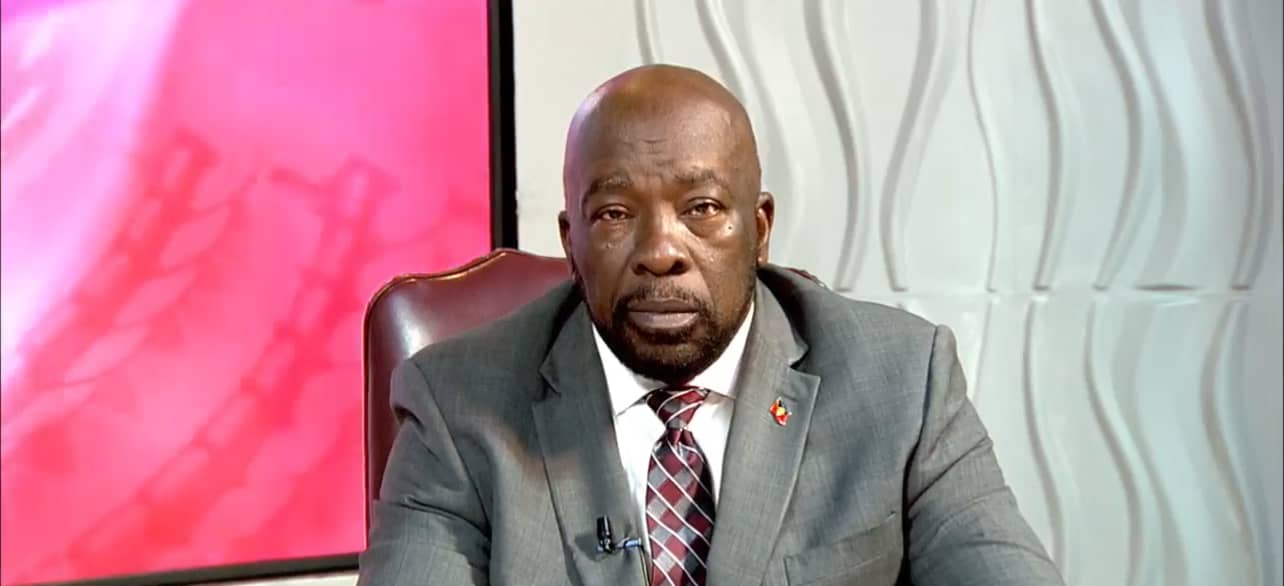The Government of Antigua and Barbuda is actively exploring transformative reforms to its energy infrastructure, with Utilities Minister Melford Nicholas emphasizing the dual benefits of environmental sustainability and economic efficiency. During a recent discussion on Pointe FM alongside Prime Minister Gaston Browne, Nicholas highlighted the success of Barbuda’s hybrid solar energy system as a blueprint for future initiatives. This innovative system, implemented in the aftermath of Hurricane Irma in 2017, harnesses solar power during daylight hours, significantly reducing the island’s dependence on fuel-powered generators to nighttime operations. Nicholas revealed that this approach has already slashed fuel consumption on Barbuda by approximately 24%. He further elaborated that adopting a similar model in Antigua could result in substantial savings for the Antigua Public Utilities Authority, potentially amounting to millions in reduced fuel expenses and lower utility rates for consumers. Beyond the immediate financial advantages, the minister underscored the broader implications of transitioning to a more sustainable energy mix. Such a shift would not only align with the nation’s ambitious target of achieving carbon neutrality by 2040 but also provide a buffer against the volatility of global fuel prices, thereby safeguarding households from economic instability. Nicholas articulated the urgency of this transition, stating, ‘There is an economic imperative. Every time we burn fossil fuels, we are contributing to the same climate change problems we are trying to solve.’ The proposed reforms signify a pivotal step towards a greener, more resilient future for Antigua and Barbuda, balancing ecological responsibility with fiscal prudence.
Antigua and Barbuda weighs hybrid energy shift to cut costs and emissions
